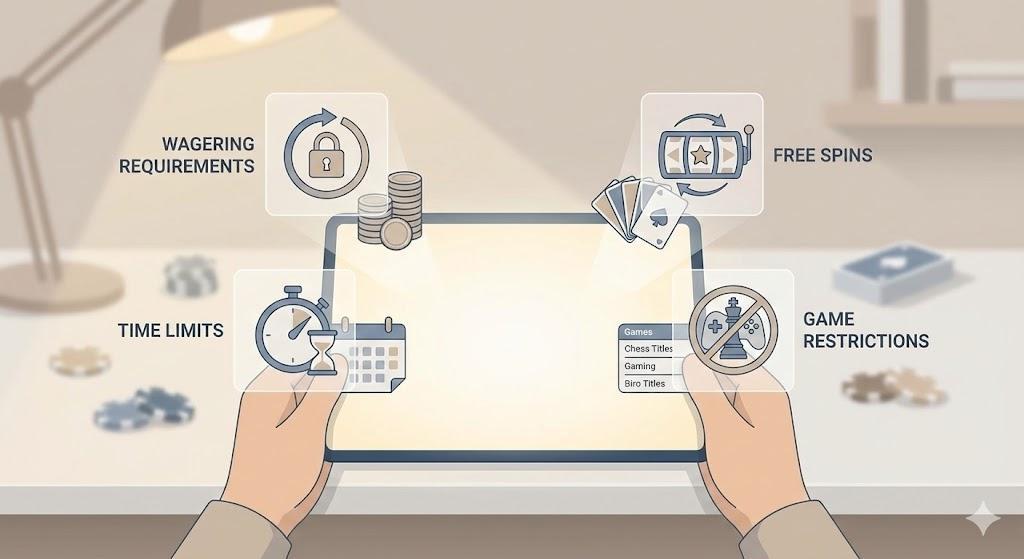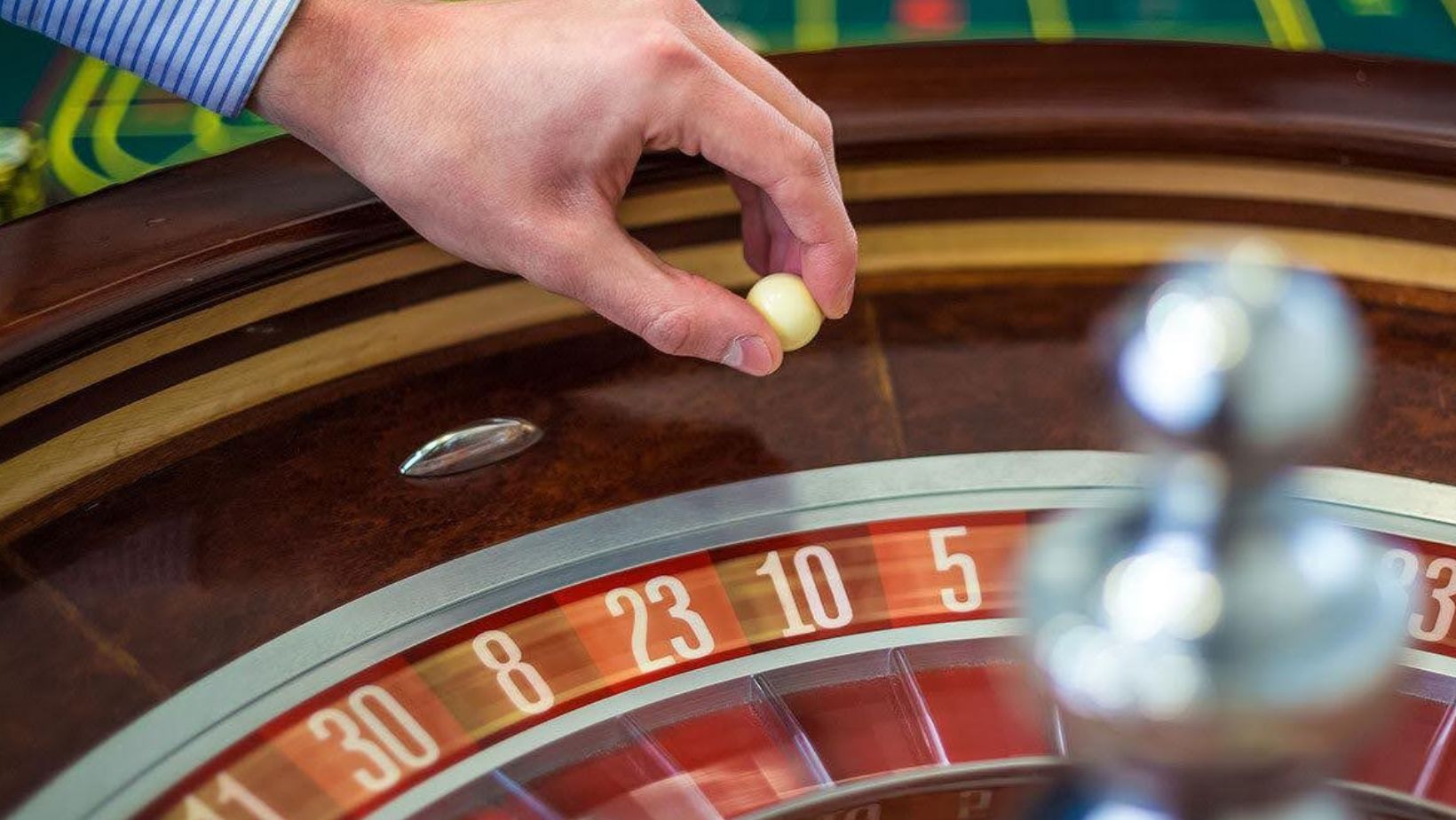The brain is like a muscle – the more you use it, the stronger it becomes. Tech-savvy seniors interested in keeping their cognitive abilities sharp often engage in all sorts of activities in an attempt to keep their brains as healthy as possible, for as long as possible. Here are a few tricks they use to keep their brains years and decades younger.
Table of Contents
ToggleMaking Friends
Being a social butterfly isn’t for everyone; however, it does have its benefits. Having friends can have multiple health-related advantages, as all the feelings we get through socializing, such as empathy and compassion, release different neurotransmitters. Friends can also help keep chronic stress at bay, which is known to adversely affect the parts of the brain important for memory.
Does this mean seniors who are more introverted have to become extroverted all of a sudden? Studies suggest they don’t, as even having just one friend can provide a plethora of memory boosting benefits. And you don’t even have to spend any one-on-one, in-person time with your friends if they don’t live close to you – even a phone call can help keep your brain young.
Games For Training The Brain
Weights are for muscles what games are for the brain. These games help challenge your brain and stimulate it, strengthening connections between brain cells. The good news is that seniors no longer have to settle for crosswords or puzzles if they want to stimulate the brain, as they can turn to activities that interest them more.
The goal is to find something that keeps you entertained, whether that be playing Monopoly or Mahjong online, or learning to play an instrument. Even something as unconventional as taking a photography course or taking art lessons can do wonders, as you’ll be keeping your brain engaged.

The beauty of being a senior and having more time on your hands is in getting to do what you want, when you want it.
Train The Body Along With The Mind
You know that you need to workout for your physical health and fitness, but did you know that exercising can have amazing effects on your brain, as well? Seniors have noticed a correlation between increased physical activity and better brain function, and their insights go along with many studies.
Physical activity is great for preserving mental health and keeping dementia at bay. Many studies have found that exercising results in new synapses—connections between neurons—leading to better memory and problem-solving skills.
The type of physical activity that’s shown to be particularly helpful is aerobic exercise. Seniors engaging in aerobic exercises, such as biking and walking, were more likely to increase the volume of their hippocampus, which is an area responsible for memory. This is in stark contrast to people who only did light stretching and toning exercises, as they tend to show signs of normal age-related declines in this department.
Wrap Up With A Good Diet
A good diet will nourish both the mind and the body.

One particular diet that has shown great results in reducing the risk of Alzheimer’s and dementia is the MIND diet, which was developed by researchers at Rush Medical Center and Harvard University. It’s exactly this diet that’s become the best-kept secret of alert and sharp. What makes this diet a brain-boosting powerhouse is its focus on the top 10 brain-healthy food groups. A healthy diet that’s full of vegetables, fruit, nuts, berries, and fish, among other things, will nourish your mind and keep it as young as possible, for as long as possible. This doesn’t mean that seniors don’t enjoy an occasional pastry or cheesy meal, it just means they do it in moderation.
The Bottom Line
There isn’t a single thing that helps tech-savvy seniors be as sharp as they are – rather, it’s a mix of things that are designed to impact both the mind and the body. And you shouldn’t wait for old age to roll around to start implementing exercise and brain games into your daily life, either – the younger you start, the better your brain function will be down the line.




